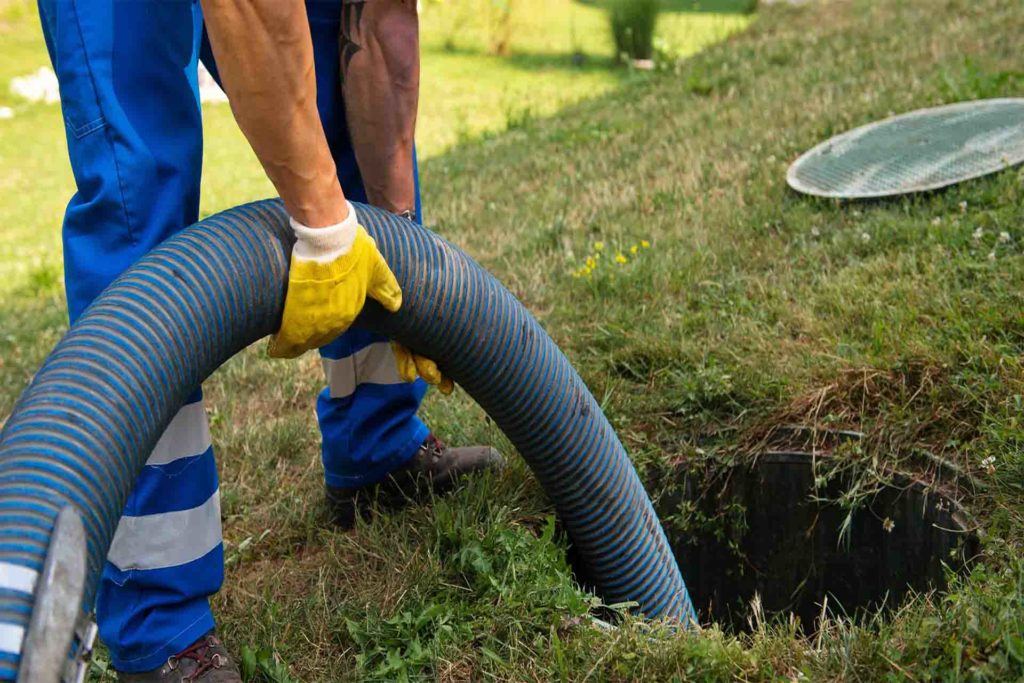Introduction –
A septic tank inspection is a process of evaluating the condition and function of a septic tank and its associated components, such as the distribution system and drain field. This typically includes a visual inspection of the tank and its components, measurement of the liquid levels in the tank, and testing the system’s ability to properly treat and discharge wastewater. The inspector will determine that the system has complied with the local regulations and there are no signs of any leakage or damage. The inspection determines that the septic system is effectively working and figures out any possible issues that need to be addressed.
When Do You Need a Septic Tank Inspection?
A septic tank inspection is typically required when a property with a septic system is being sold, or when issues with the system are suspected. It is also a good idea to have the system inspected every 3-5 years to ensure it is functioning properly and to identify any potential issues before they become major problems. In addition, regular inspection is required by local regulations. This can be done by checking the specific guidelines of the local health department
How much does a septic tank inspection cost?
The septic tank inspection cost can vary depending on factors such as the location of the property, the size of the septic tank, and the type of inspection being performed. On average, a basic septic tank inspection can cost between $100 and $900. The very basic type of septic tank inspection prices can range from as low as $100 to $200. It covers a dye test that will check the leaks, pressures, excavations and visual inspection of the septic tank. At times, the problem cannot be easily recognized then there is a requirement to snake a camera into the tank. The inspector can charge extra when there are some complicated inspections. The size is also another factor that can affect the cost of the septic tank. It is recommended to contact various septic tank inspection companies for comparing the prices. By this, you can get a fair deal.
Conclusion –
The conclusion of a septic tank inspection will typically include a detailed report of the inspector’s findings, including the overall condition of the septic tank and its components, any issues that were identified, and any recommendations for repairs or maintenance that may be needed. The inspector may also include information on the capacity of the tank, whether it is functioning properly, any visible leaks or cracks, and the condition of the surrounding drain field. It is crucial to keep in mind that a septic tank inspection is not always a pass-or-fail inspection. The inspector will identify any issues that need to be addressed and provide recommendations on how to fix them. The homeowner should be provided with a detailed report of the inspection
and if any issues are found it is important to address them as soon as possible to prevent further problems.

